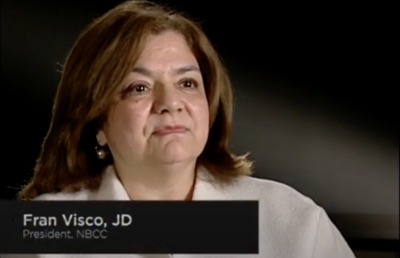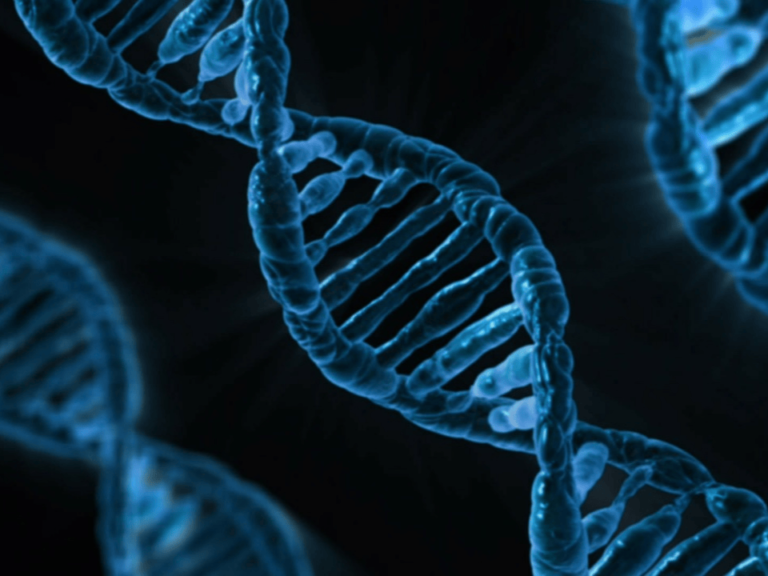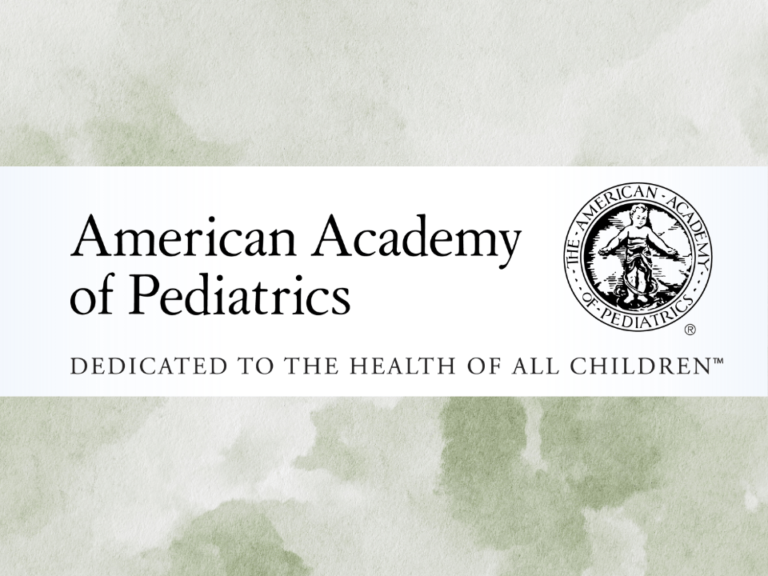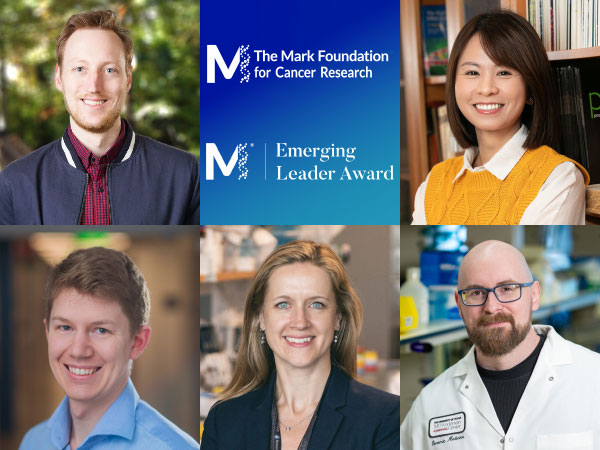In September, The Cancer History Project is inviting contributors to discuss the turning points of oncology—the people, research, discoveries, and moments in history that broke the mold.
Documenting a turning point requires seeing where we have come from—and where we are going. Perhaps one of the best ways to conceptualize the moments that broke the mold is through a timeline.
Contributors to the Cancer History Project have published their timelines documenting turning points in oncology’s history, featured below.
Would your institution like to participate in this project? It’s not too late to become a contributor, or take part in the Cancer History Project podcast.
Contributor spotlight: National Breast Cancer Coalition
An activist of the 1960s, Fran Visco, president of the National Breast Cancer Coalition, changed the landscape of funding for breast cancer research during her 1992 testimony in front of Congress. A story on how she went about this appears here.
Original reporting of her 1992 testimony appears here.


- Video: An Armchair Discussion with Fran Visco on NBCC’s History
By National Breast Cancer Coalition | Sept. 7, 2022
The National Breast Cancer Coalition’s (NBCC) 2022 Advocate Leadership Summit included a special armchair discussion with NBCC president Fran Visco. Paul Goldberg, editor and publisher of The Cancer Letter, and co-editor of the Cancer History Project, sat down with Visco to interview her about NBCC’s history.


- Video: The National Breast Cancer Coalition’s Project LEAD Institute
By National Breast Cancer Coalition | Sept. 6, 2022
Project LEAD is the National Breast Cancer Coalition’s premier science training program for activists that has created a revolution in the world of breast cancer research and public policy. The course prepares graduates to engage in the wide range of local and national forums where breast cancer decisions are made.
Project LEAD graduates bring an educated consumer perspective and critical thinking skills to the important issues and controversies in breast cancer.
As a result of NBCC’s work, scientists, government agencies and private industry have changed the way they design and implement breast cancer research and programs. NBCC has created a model for consumer influence marked by transparency, innovation and a peer relationship among scientists, researchers, policymakers and consumers nationwide.
The above is a 2013 video about the development and history of Project LEAD.
When I went to that meeting in Washington and sat around in that conference room and heard about this idea—I’ve said this before—it was my epiphany. Ok. This is what I want to do about my breast cancer. My political activism, my legal training, I wanted to bring all of that to the breast cancer movement and help create a movement.
– Fran Visco, recalling NBCC’s first meeting in 1991
Cancer research timelines
The following timelines from ASCO, NBCC, the Institute of Medicine, and Memorial Sloan Kettering Cancer Center demonstrate progress in the field of oncology, organizational milestones, and the people behind these turning points.
These timelines and others appear in the Cancer History Project’s timeline tag.
- Cancer Progress Timeline
By ASCO | Jan. 8, 2021
ASCO’s Cancer Progress Timeline is an interactive, data-rich resource that provides an historical overview of major advances in cancer that have led to better outcomes and quality of life for patients. More than 400 milestones spanning 170 years are chronicled in the Timeline—from the advent of general anesthesia opening the door for cancer surgery in the mid-1800s to the first gene therapy for cancer approved by the Food and Drug Administration in 2017.
The Timeline highlights some of the most important advances across cancer care and research. Many of these milestones were supported by federal research funding, and nearly all of them are the result of rigorously conducted clinical trials, made possible by the participation of thousands of individuals with cancer. ASCO’s federally funded research badge is featured on milestones that stemmed from research funded at least in part by the National Cancer Institute or other federal agencies.


- National Breast Cancer Coalition Accomplishments and Milestones
By National Breast Cancer Coalition | May 7, 2021
NBCC has been revolutionizing breast cancer since it was formed in 1991 to address the critical need for a coalition of breast cancer organizations to work together and end breast cancer through action and advocacy. This was a revolutionary vision at the time, and NBCC’s track record of success demonstrates the effectiveness of this strategy.
NBCC’s strategic advocacy has changed the breast cancer landscape, and NBCC continues to shape crucial breast cancer public policy and research. You can find an overview of NBCC’s milestones here.
- Primary Source: Chronology of the cancer centers program
By Cancer History Project | July 8, 2021
Extract from a 1989 Institute of Medicine Report called “A Stronger Cancer Centers Program.” This detailed timeline showcases key steps from the 1920s to 1989 in cancer funding and policy at the federal level, including the National Cancer Act of 1937, the Public Health Service Act of 1933, and the National Cancer Act of 1971.


- The National Cancer Act at 50: A Memorial Sloan Kettering Timeline
By Memorial Sloan Kettering Cancer Center | Dec. 15, 2021
When President Richard Nixon signed the National Cancer Act 50 years ago, the goal was nothing short of eradicating cancer. By launching the nation’s “War on Cancer,” the act dramatically increased funding for research. Importantly, Memorial Sloan Kettering Cancer Center (MSK) was named one of the three original comprehensive cancer centers in the country.
For more than 137 years, MSK has made historic contributions driving discovery and improving patient care. MSK has a deep history of cancer research that has continually advanced the field and provided new and powerful ways for the institution — and the wider cancer community — to diagnose and treat cancer. Driving the effort is one of the world’s most dynamic programs of cancer research, with more than 100 research laboratories focused on better understanding the many types of cancer and the biology underlying them.
This column features the latest posts to the Cancer History Project by our growing list of contributors.
The Cancer History Project is a free, web-based, collaborative resource intended to mark the 50th anniversary of the National Cancer Act and designed to continue in perpetuity. The objective is to assemble a robust collection of historical documents and make them freely available.
Access to the Cancer History Project is open to the public at CancerHistoryProject.com. You can also follow us on Twitter at @CancerHistProj, or follow our podcast.
Is your institution a contributor to the Cancer History Project? Eligible institutions include cancer centers, advocacy groups, professional societies, pharmaceutical companies, and key organizations in oncology.
To apply to become a contributor, please contact admin@cancerhistoryproject.com.









